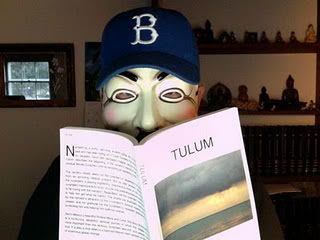 Welcome to the Stars Hollow Health and Fitness weekly diary. It will publish on Saturday afternoon and be open for discussion about health related issues including diet, exercise, health and health care issues, as well as, tips on what you can do when there is a medical emergency. Also an opportunity to share and exchange your favorite healthy recipes.
Welcome to the Stars Hollow Health and Fitness weekly diary. It will publish on Saturday afternoon and be open for discussion about health related issues including diet, exercise, health and health care issues, as well as, tips on what you can do when there is a medical emergency. Also an opportunity to share and exchange your favorite healthy recipes.
Questions are encouraged and I will answer to the best of my ability. If I can’t, I will try to steer you in the right direction. Naturally, I cannot give individual medical advice for personal health issues. I can give you information about medical conditions and the current treatments available.
You can now find past Health and Fitness News diaries here and on the right hand side of the Front Page.

Turnips are one vegetable you can count on during the winter months; like carrots, they store well. The root vegetables are members of the cruciferae family, the same family that brings you nutrient-rich vegetables like cabbage, kale and broccoli (genus Brassica). Turnips are rich in sulfuric compounds, particularly glucosinolates, that are believed to have antioxidant properties. They’re also a very good source of potassium. When you can get them with the greens attached, they’re a two-in-one crop, like beets, as their greens bring you a whole new set of nutrients – lots of calcium, vitamin K, vitamin A and beta carotene – and culinary possibilities. Turnip greens are similar in flavor to kale, perhaps a little more bitter, and with a more delicate texture.
This spicy couscous demands little in the way of prep time.
A turnip gratin can be a rich, creamy affair, but this lighter version made with low-fat milk is equally delicious and comforting.
This dish is adapted from a Richard Olney recipe.
Turnips are a perfect winter vegetable for a hearty stir-fry.
This recipe is inspired by colcannon, an Irish mix of mashed potatoes and kale or cabbage.

 On this day in 1789,
On this day in 1789, 
 Samuel Finley Breese Morse was born April 27, 1791, in Charlestown, Massachusetts. He attended Yale University, where he was interested in art, as well as electricity, still in its infancy at the time. After college, Morse became a painter. In 1832, while sailing home from Europe, he heard about the newly discovered electromagnet and came up with an idea for an electric telegraph. He had no idea that other inventors were already at work on the concept.
Samuel Finley Breese Morse was born April 27, 1791, in Charlestown, Massachusetts. He attended Yale University, where he was interested in art, as well as electricity, still in its infancy at the time. After college, Morse became a painter. In 1832, while sailing home from Europe, he heard about the newly discovered electromagnet and came up with an idea for an electric telegraph. He had no idea that other inventors were already at work on the concept.
Recent Comments